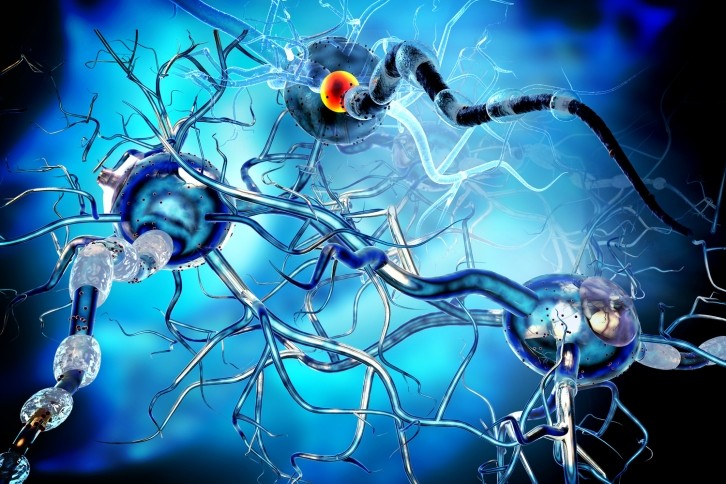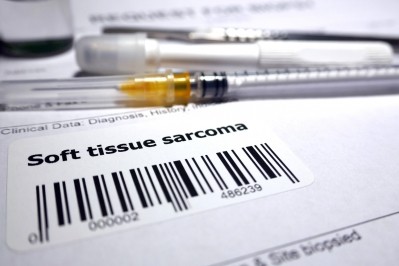Mission Therapeutics raises £25.2m to enhance power of mitochondria

The company is striving to enhance mitochondria – parts of cells which produce chemical energy – to promote organ health.
The financing round was jointly led by existing investors Pfizer Venture Investments, Sofinnova Partners, Roche Venture Fund, SR One, IP Group, and Rosetta Capital.
Mission plans to use the funds to accelerate development of its lead drug candidates, MTX325 and MTX652, through clinical trials.
MTX325 is a potentially disease-modifying treatment for Parkinson’s disease with clinical trial due to start imminently, while MTX652 is currently in phase 2 investigating acute kidney injury (AKI) associated with cardiac surgery.
Last November, a Nature Communications paper by scientists at Cambridge University, Harvard University and Mission Therapeutics, provided key experimental evidence to support the thesis that MTX325 can modify the course of Parkinson’s by targeting USP30.
In addition, in December 2023, sister publication Nature Reviews Drug Discovery commented that restoring mitophagy to accelerate the removal of damaged mitochondria was ‘an appealing disease-modifying therapeutic strategy’ for Parkinson’s Disease.
Dr Anker Lundemose, CEO of Mission Therapeutics, said: “Mission Therapeutics has made huge strides in developing its pipeline, first progressing MTX652 into phase 2, then obtaining robust preclinical proof-of-concept data for its Parkinson’s candidate MTX325 - published in Nature Communications - followed by regulatory approval for MTX325 clinical trials in the UK.
"Thanks to this additional £25.2m from our investors, we can now make the next vital steps, progressing with essential clinical trials.”
Both therapies inhibit USP30, a mitochondrial de-ubiquitylating enzyme (DUB), increasing damage-associated mitochondrial ubiquitylation to promote mitophagy – the essential process cells use to rid themselves of dysfunctional mitochondria.
A growing body of scientific evidence has linked a build-up of dysfunctional mitochondria in cells to a range of diseases, including Parkinson’s disease, kidney disease, heart failure, and duchenne’s muscular dystrophy (DMD).
Dr James B. Summers, acting chairman of Mission Therapeutics, commented: “Mission’s laser focus on mitophagy has resulted in a promising suite of drugs that tackle a range of hard-to-treat diseases in a unique and novel way. This latest financing round is a sign of our investors’ confidence in the company and the enormous potential of our clinical assets.”











